2024 was also a busy year in Brussels, and the results of the European Parliament elections showed that European citizens expect something different from the EU leadership than what they had been receiving. Patriotic voices have gained significant strength in the European Parliament. Over the past six months, what changes have you observed in Brussels? And what else is needed?
The establishment of the Patriots for Europe parliamentary group in 2024 was a major political achievement and a milestone that demonstrates conservative, right-wing parties' ability to cooperate swiftly and effectively in the European Parliament. This historic step clearly shows that a growing number of European citizens are demanding change and rejecting the federalist and ideological approaches championed by Brussels, which push national sovereignty to the backburner. The Patriots now constitute the third-largest parliamentary faction in the EP, and their member parties are gaining strength in many EU member states, as evidenced by the recent success of Austria’s Freedom Party (FPO), whose leader was given a mandate to form a government.
In recent months, it's become evident that we've taken the lead in bringing about change and have successfully steered European political discourse in a direction that better serves the interests of nations and their citizens.
The number of our allies continues to grow, but we need further efforts to counteract Brussels’ centralist endeavors. It is crucial to adopt measures that safeguard national sovereignty and foster constructive partnerships, while respecting our treaties. We firmly believe that time is on our side and that change has already begun in Europe.
The European People’s Party (EPP) has formed a pact with the left wing and the liberals, despite it being clear that many of their voters did not want this. What may be the repercussions, and and how soon will they become apparent?
The European People’s Party has clearly committed itself to upholding the status quo through opportunistic compromises. Instead of keeping the promises made to voters, it has formed an alliance with the European left, excluding the Patriots' group while distributing parliamentary positions among themselves. If they truly stood for conservative values, they would be seeking partners on the right, where they could achieve a clear majority for the necessary changes.
However, the European political elite is evidently more concerned with preserving its power and does not shy away from anti-democratic solutions. This runs counter to the voters’ will, who clearly demanded change in last year’s European Parliament elections.
That said, the coalition of the left wing, the liberals and the EPP appears intent on continuing the politics of stagnation—not just along particular issues but seemingly for the entire parliamentary cycle, as their formal cooperation agreement indicates. The consequences are already visible: voters are increasingly punishing the EPP across Europe. In many countries, it has become clear that forming an alliance with the Socialists and Greens comes at significant political costs.
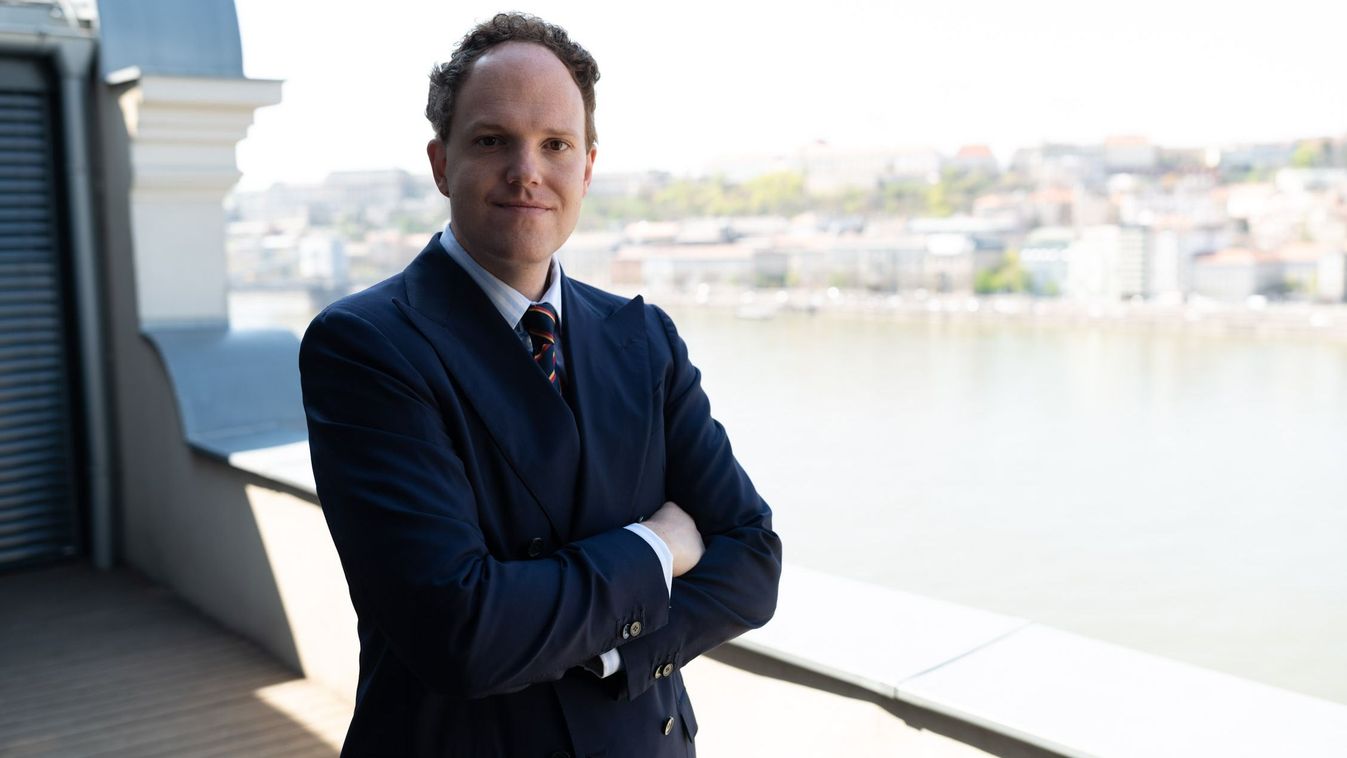
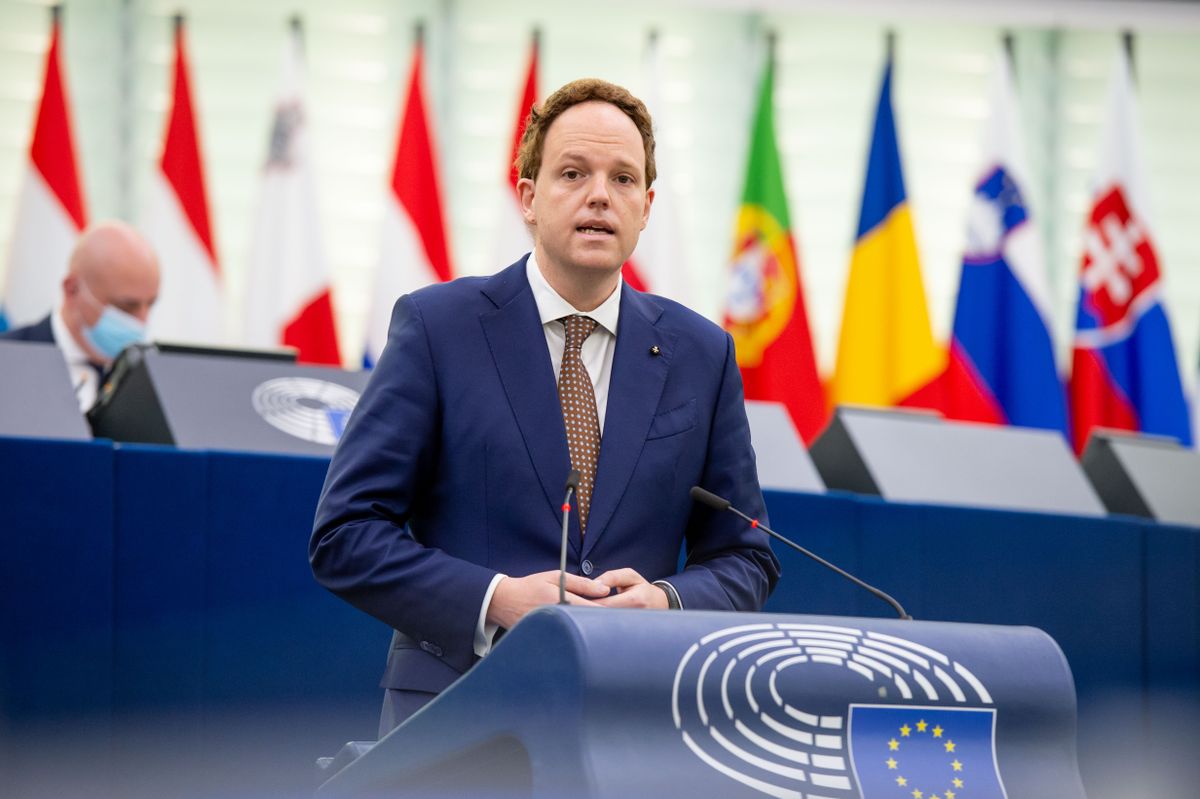

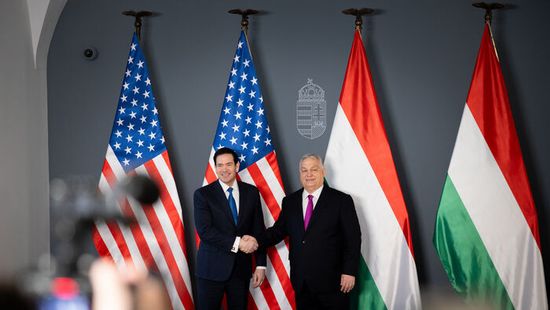
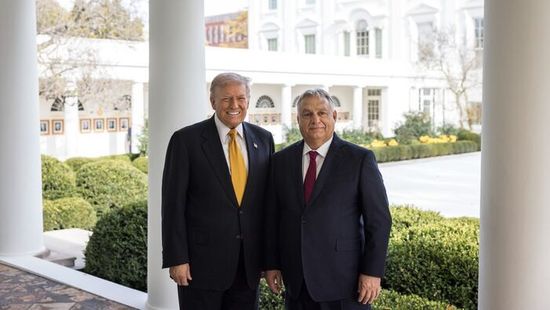
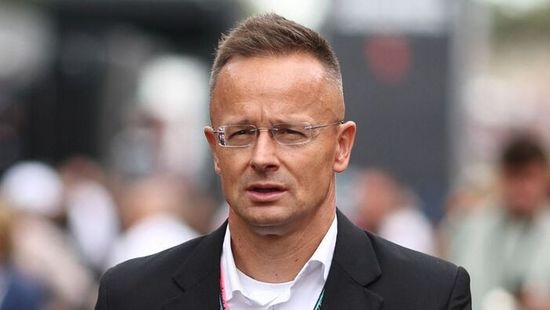

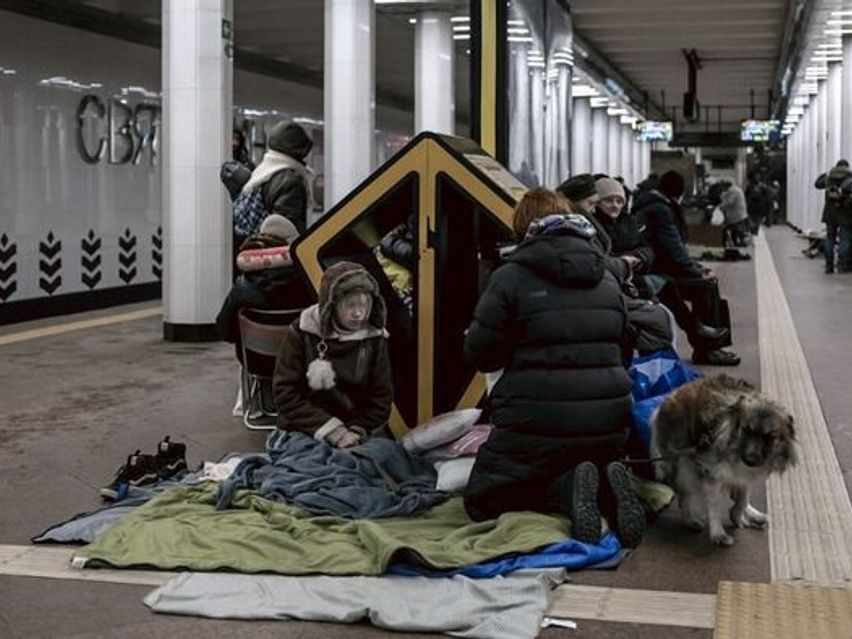
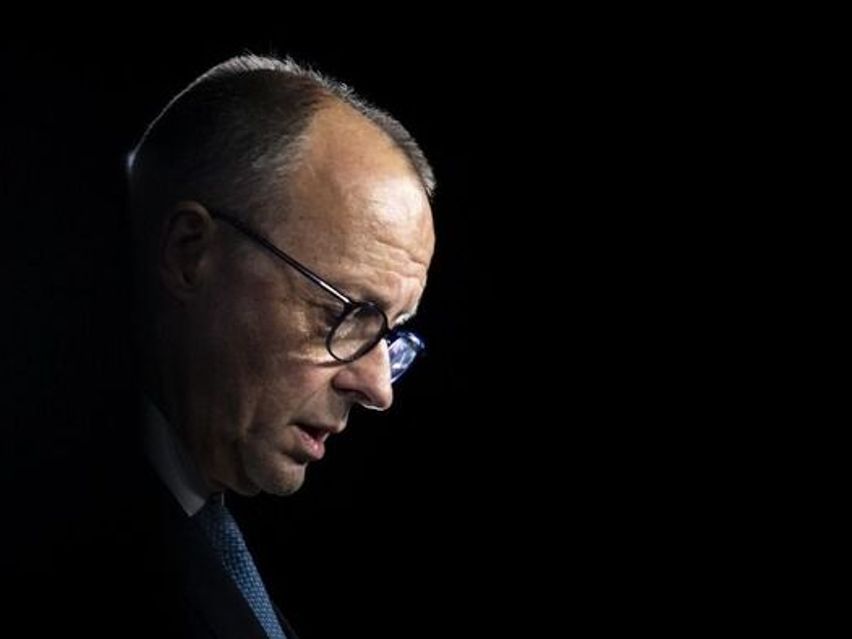
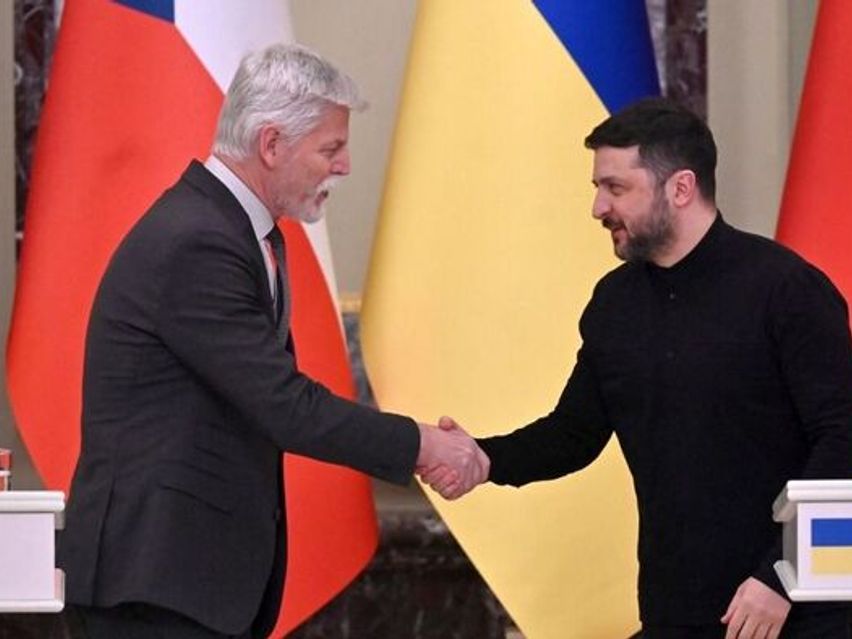
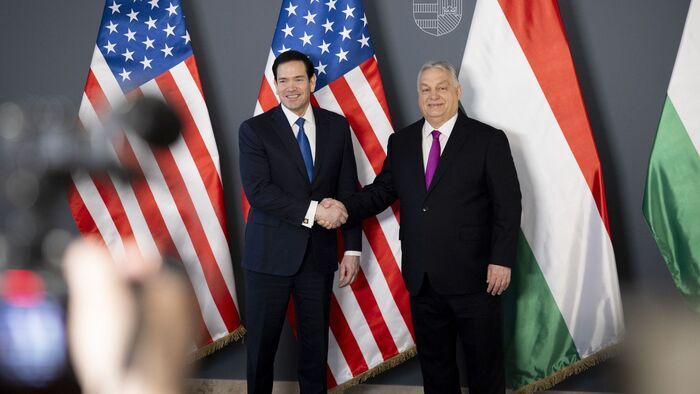

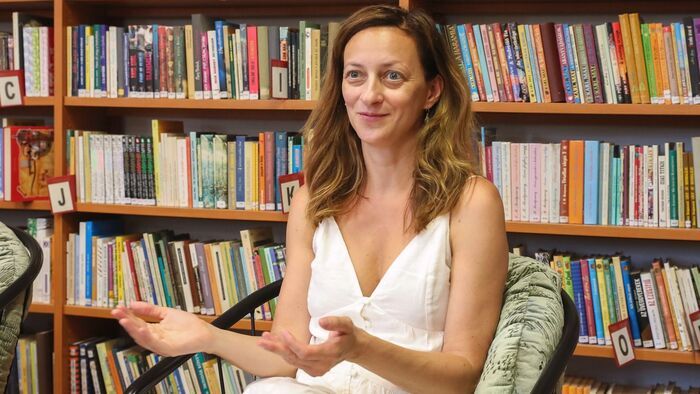
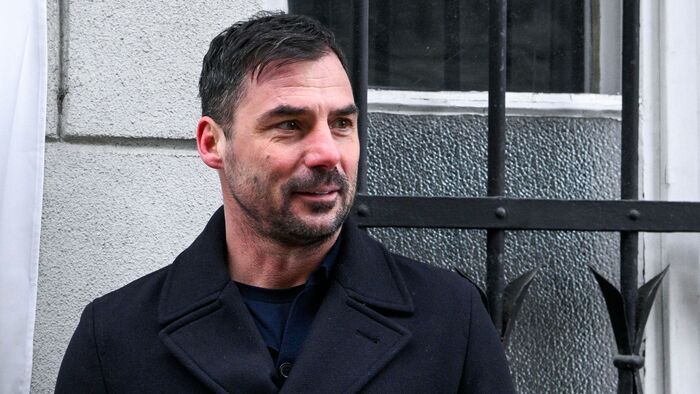


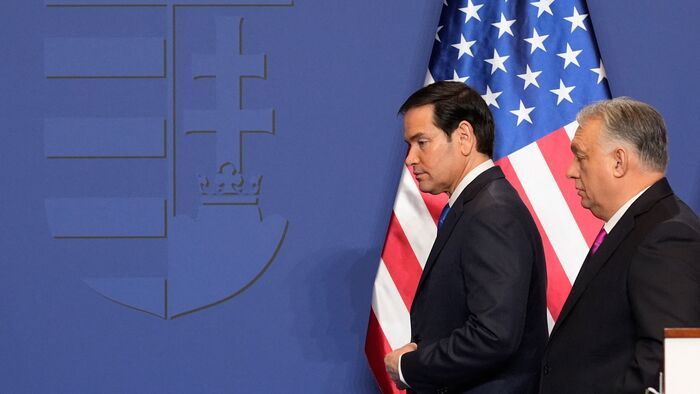
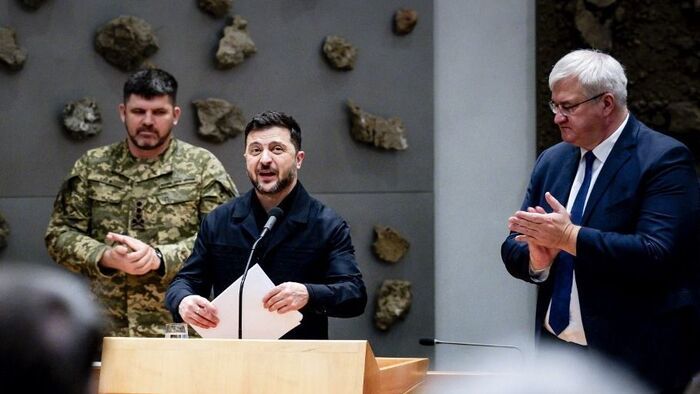
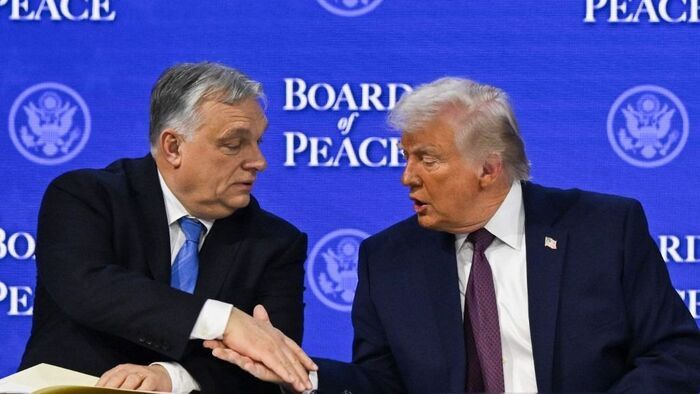





Szóljon hozzá!
Jelenleg csak a hozzászólások egy kis részét látja. Hozzászóláshoz és a további kommentek megtekintéséhez lépjen be, vagy regisztráljon!